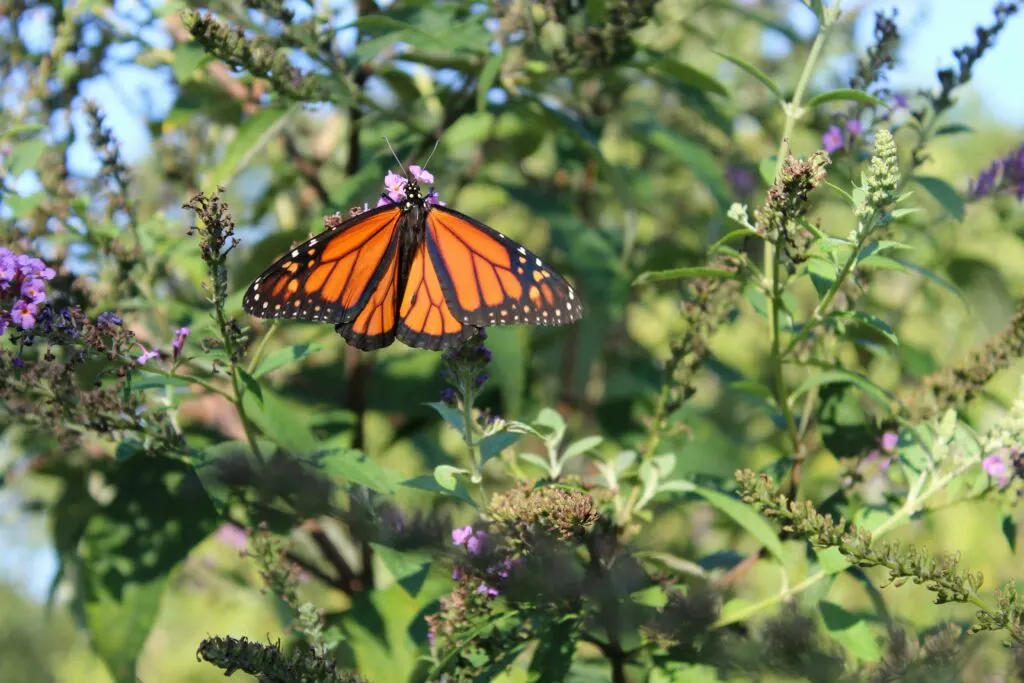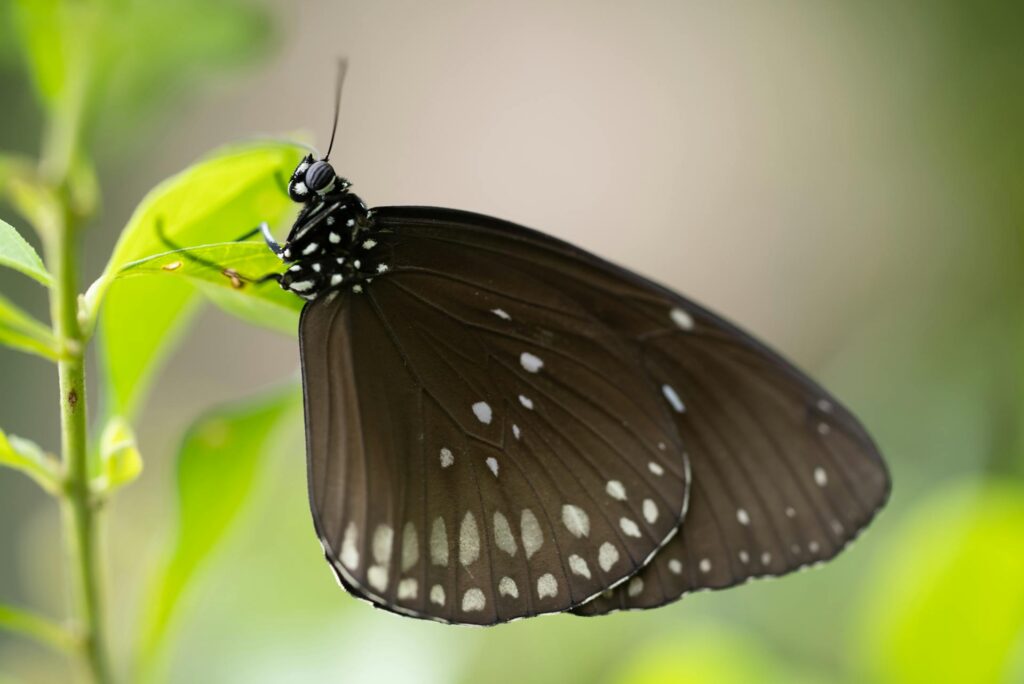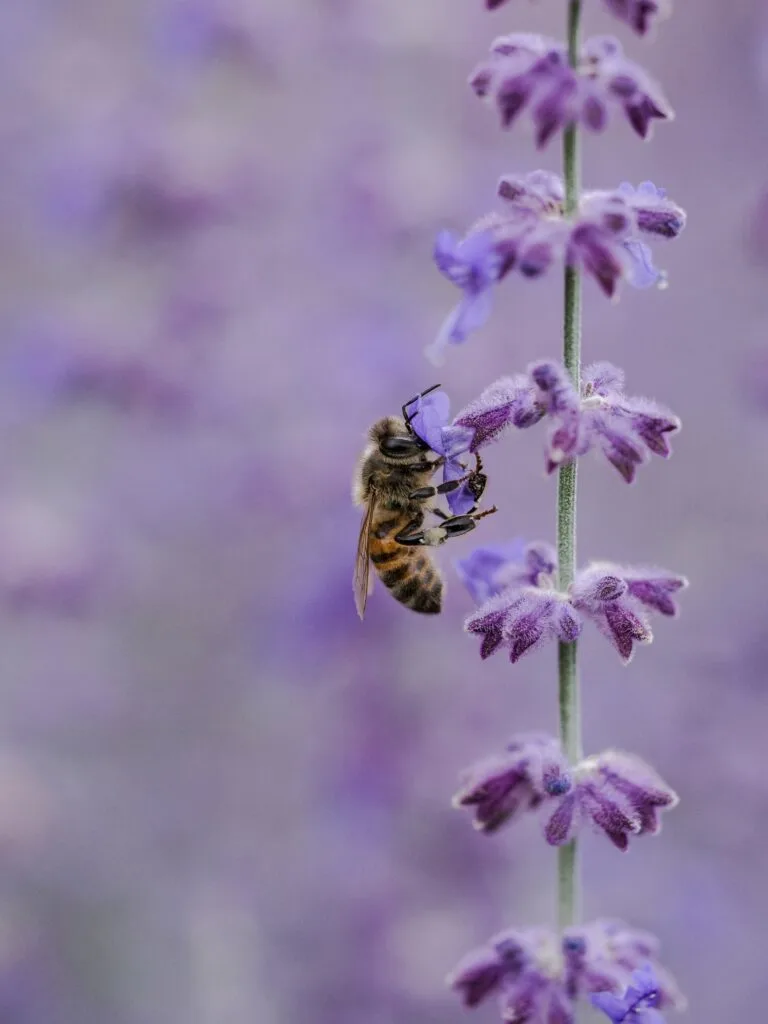Herbs aren’t just for your kitchen - they’re secret superheroes for supporting pollinators like bees, butterflies, and hummingbirds. By including herbs in your garden, you invite a myriad of vital pollinators and help to sustain the delicate balance of the ecosystem. Naturally, it’s nice to see these creatures flitting around your herbs but it’s also essential for maintaining biodiversity.

Supporting pollinators is crucial for the broader health of our environment and herbs are a simple yet powerful way to create a pollinator haven in your garden. Insects, although disliked by many, are needed for the pollination of flowering plants which is vital for our food systems and natural landscapes. Your garden can contribute significantly to this by becoming a sanctuary for these indispensable creatures.
Why Pollinators Love Herbs
Herbs provide a generous supply of nectar and pollen which makes them very attractive to pollinators. The sweet scent of many herbs draws in bees and butterflies amongst other insects, creating a bustling hub of activity in your garden.
Many herbs have long blooming seasons which provides a consistent food source for pollinators over several the course of months. Thyme and oregano, for example, bloom from late spring through the summer, making them a reliable choice for sustaining pollinator populations.

Different herbs have diverse appeal and attract various pollinators. Basil and chives are especially popular with bees, while dill and fennel are preferred by butterflies. You can learn more about the wide variety of herbs out there by taking a course in herbalism to further your understanding of how to help your local pollinators.
This diversity means that by planting a range of herbs, your garden can support a wide variety of pollinator species. Make sure to choose a combination of herbs so that you have herbs in bloom throughout the growing season and to keep your pollinator visitors happy.
How to Incorporate Herbs in a Pollinator-Friendly Garden
A good place to start is by selecting a mix of annual and perennial herbs so that you have a variety of blooms throughout the growing season. You might consider incorporating native herbs as they are likely to be the best suited to your local pollinators’ needs. Native plants often provide the best nourishment for local bees, butterflies, and other pollinating species.
When you are planning your garden layout, it’s recommended to group your herbs according to their blooming periods. This strategy will mean that you have a continuous supply of food for pollinators. Planting in clusters is not only visually appealing as it makes the area look more lush, but it also makes foraging easier for your garden’s pollinators.

It’s a good idea to place your herbs in sunny spots as most pollinators prefer the warmth and light. Sunny areas can also help certain herbs thrive and give them strong growth and plenty of blossoms. Over the seasons, experiment with different combinations to find the best setup for your garden space, as you likely find that some herbs naturally thrive in your garden whilst others don’t.
You should always prioritize organic gardening practices and avoid using pesticides which can be harmful to pollinators. Instead, focus on natural alternatives, like encouraging beneficial insects that can help manage pests. By maintaining an organic environment, you ensure the garden is a safe haven for pollinators.
Example Herbs:
- Lavender: Great for bees, offering a long blooming period.
- Thyme: Low-growing and attracts a variety of pollinators.
- Basil: Aromatic with clusters of blooms that appeal to bees and butterflies.
Bonus Benefits of Herbs in Your Garden
Planting the right herbs can offer natural pest control, keeping harmful insects at bay. Basil and mint release scents that many pests dislike, meaning that you need to rely less on harsh chemical pesticides.
Adding herbs also gives your garden an aromatic appeal. Imagine experiencing delightful fragrances whenever you're in your garden. This is not only calming for yourself, but these pleasant scents also attract friendly pollinators like butterflies and bees.
One of the main reasons to grow herbs is to allow you to enjoy them in your cooking. Freshly harvested rosemary, thyme, or parsley can lift your dishes, providing flavors directly from your garden.
Some of the best herbs to begin with are:
- Basil: A hardy herb that repels flies and is great for homemade pesto and plate garnishing.
- Mint: Deters ants and adds zest to drinks - just be sure to keep it in its own pot as it has a tendency to take over spaces!
- Lavender: Known for its calming scent, lavender will also inject color into your garden and is lovely in desserts.
Herbs transform gardens into vibrant havens for pollinators. By introducing herbs, you create a welcoming environment that supports bees, butterflies, and other beneficial insects. Imagine your garden buzzing with life and color, all thanks to these versatile plants!
Besides attracting pollinators, herbs offer practical benefits. Many herbs are easy to grow and maintain and they can be used in cooking, teas, and natural remedies. Basil, mint, and lavender are great choices for both their beauty and utility.
Most importantly, remember to take this opportunity to explore and experiment. You'll find joy in watching your newly added herbs flourish and invite the gentle hum of pollinators into your space.
